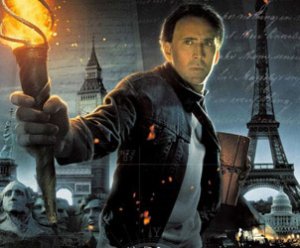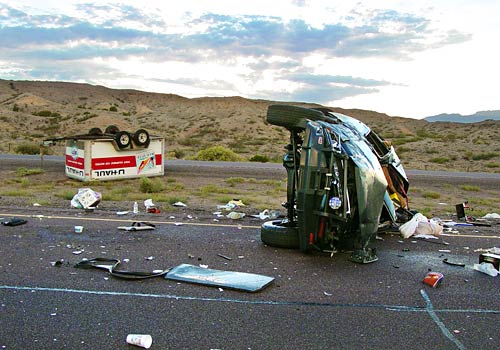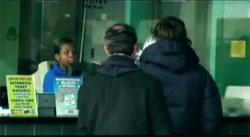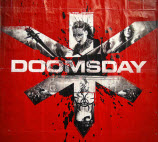One way to get on the bad side of movie theater owners is to announce a plan to undermine their sales leverage by offering $30 on-demand versions of films at home when they’re still in theaters. [More]
trailers

Regal Fights Back Against Studios Offering Early On-Demand Movies
Unhappy with a movie studio plan to offer $30 on-demand movies while they’re still in theaters, Regal Cinemas is reportedly planning to play fewer trailers from the participating studios: Fox, Sony, Warner Bros, and Universal. [More]

Predators Shrink Ray Zapped My Movie
The Grocery Shrink Ray is so powerful its scope spreads beyond grocery store aisles and into movie theaters, where it reduces the number of bloodthirsty villains in action movies. [More]

U-Haul Forgets Customer, Forgets Guarantee, Then Forgets Extra Day Agreement And Threatens Criminal Charges
Consumerist reader Dionicious and his brother tried to rent a trailer from U-Haul over the weekend. First they were faced with a closed location, then they had to ask before the company followed through on its $50 “Right Time, Right Location” guarantee. They hoped that was the end of the screw-ups, but the next day an angry employee called and threatened to file criminal charges against the brothers. Too bad there’s not some sort of $50 “We Threaten You, We Pay” guarantee.

Director Of "National Treasure" Weighs In On Misleading Trailers
After David Pogue’s public complaint last week that some movie trailers go too far in misleading consumers about the movie, he was contacted by the director of both “National Treasure” flicks, Jon Turteltaub, who offered his opinion on the practice: “What’s funny is that the filmmakers do exactly what you do. I was watching the final trailer for my movie, saying what you said: ‘Ummm….that’s not in the movie, that’s not in the movie, THAT’S not in the movie.'”

Can A Movie Trailer Be Accused Of False Advertising?
David Pogue has an interesting rant in today’s Circuits column about the movie “National Treasure: Book of Secrets”—or more specifically about its trailer, which is chock-full of scenes, dialogue, locations, and plot references that are nowhere to be found in the actual movie. He asks, “Just how different can a trailer be without becoming false advertising?” We immediately thought about last year’s kids flick “Bridge to Terabithia,” which was advertised like a whimsical Narnia spin-off but in reality was about the death of a major character.

U-Haul's Trucks Are Unsafe, Not Maintained
Part 2 in a LA Times investigation into U-Haul’s business practices and safety record isn’t any less bleak than part 1. The LA Times investigation has uncovered that U-Haul fails to properly maintain their aging fleet of vehicles while mechanics “hang paper” (forge safety inspections and repairs) to keep the trucks and the money rolling.
During a yearlong investigation, Times journalists surveyed more than 200 U-Haul trucks and trailers in California and other states and found that more than half were overdue for a company-mandated “safety certification,” a check of brakes, tires and other parts typically required every 30 days.

U-Haul Knowingly Rents Deadly Trailers
U-Haul knowingly rents unsafe tow trailers that have the potential to kill customers. A yearlong investigation by the L.A. Times found that U-Haul’s practices unnecessarily expose customers to the dangers of trailer sway.
Traveling downhill or shaken by a sharp turn or a gust of wind, a trailer can begin swinging so violently that only the most experienced — or fortunate — drivers can regain control and avoid catastrophe.
Trailers can sway when towed by vehicles lighter than the trailer. U-Haul regulations allows trailers to outweigh the tow-vehicle by up to 25%, openly flouting guidelines set by automakers. For instance, U-Haul allows a 2007 Crown Victoria to haul 4,400 pounds, even though Ford suggests that the 4,100 pound vehicle tow no more than 1,500 pounds. “Two U-Haul competitors, Penske and Budget only rent trailers to customers renting trucks heavier than the trailers. Safety is the reason.”

Movie Theater Ads “More than $50k per screen anually.”
There’s not a ton of new information in Ars Technica’s Peek into movie theater economics, but Ken Fisher does manage to pull out a few bits that were new to us.


